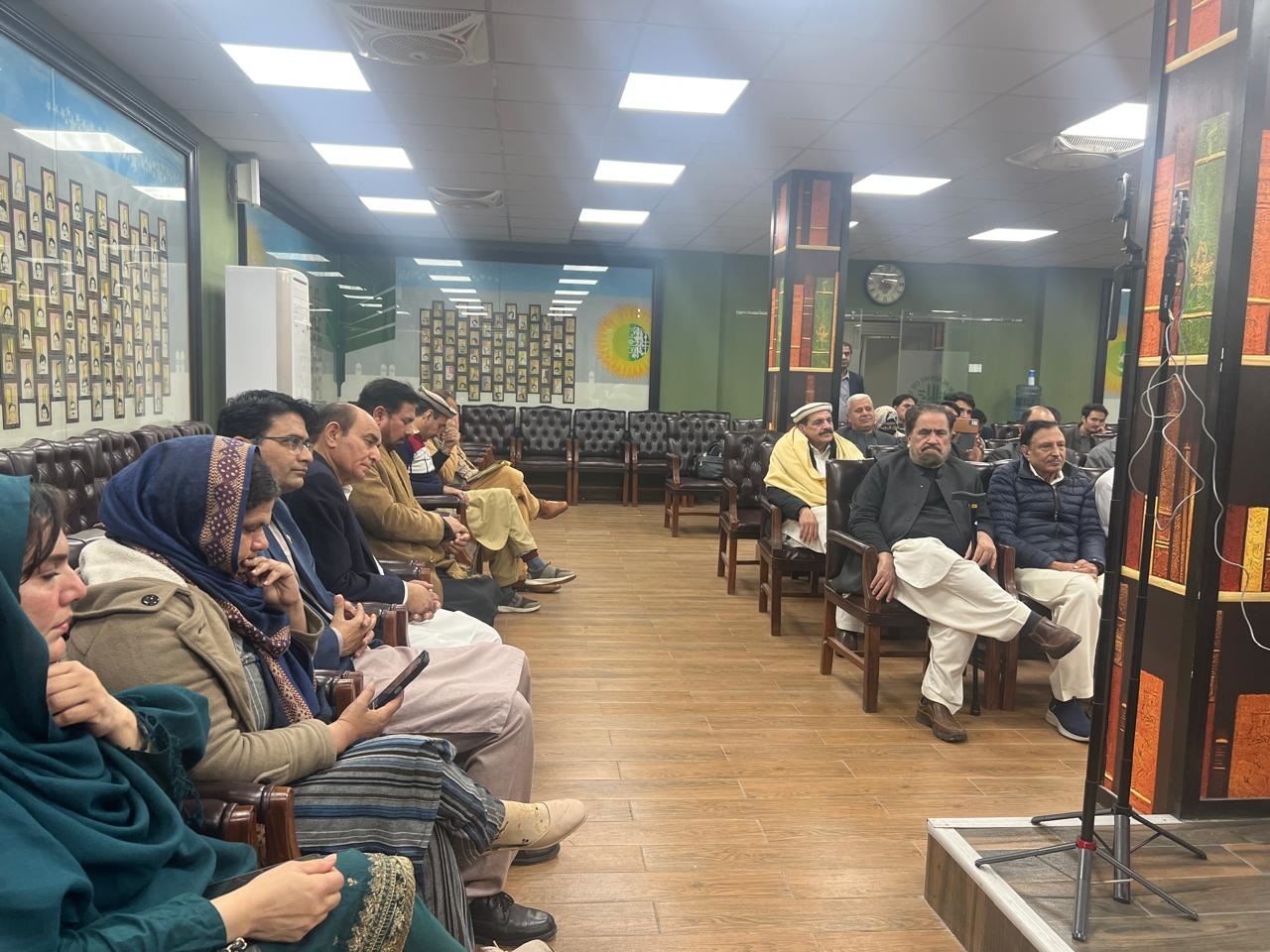Gender stereotyping has long been a prevalent issue in educational settings, subtly affecting how kids view the world and themselves. Although schools are sometimes the first settings in which children engage in regulated social interaction, many educational establishments unintentionally reinforce societal biases rather than promoting inclusivity. Children’s development is hindered by this early reinforce of gender norms, which also presents a major obstacle to building an equitable future. School gender stereotyping has its roots in long-standing social conventions that specify what constitutes appropriate behavior for each gender. Girls are frequently steered toward cooperative and nurturing roles, while boys are urged to be forceful and ambitious. Though initially small, these differences become more noticeable as kids get older, influencing their relationships with classmates, goals, and sense of self. Many elements of the school experience, such as classroom activities and the stories selected for reading materials, serve to reinforce these expectations, making it obvious to kids what is expected of them based only on their gender. These early teachings leave a lasting impression on kids, affecting not just how they perceive themselves but also their abilities and limitations. Instead of merely updating the curriculum or enacting new regulations, addressing gender stereotypes in schools requires a cultural shift in the learning environment. Schools must actively work to create inclusive learning environments that reject stereotypes and celebrate each student’s individual talents and interests. Teachers must be trained to recognize and address their unconscious biases, incorporate diverse role models into the curriculum, and encourage children to engage in activities that defy gender stereotypes in order to bring about this change. Schools that provide an environment where children feel free to express themselves fully can help students transcend social constraints and develop into well-rounded people. In the end, breaking down gender stereotypes in schools is an essential first step in creating a society in which each child is free to imagine and follow their own path. In addition to producing stronger, more sympathetic people, confronting these prejudices paves the way for a time when equality will be the rule rather than the exception. Schools have a tremendous amount of potential to affect this transformation since they are places of learning and development. By accepting this duty, education can become a driving force for genuine inclusiveness and open the door for future generations of people who are unrestricted by gender norms.
Breaking Gender Stereotypes in Schools: Towards an Inclusive Future BY Mehreen Hussain
| 28 Oct 2024
 0092-313-5000-734
0092-313-5000-734






